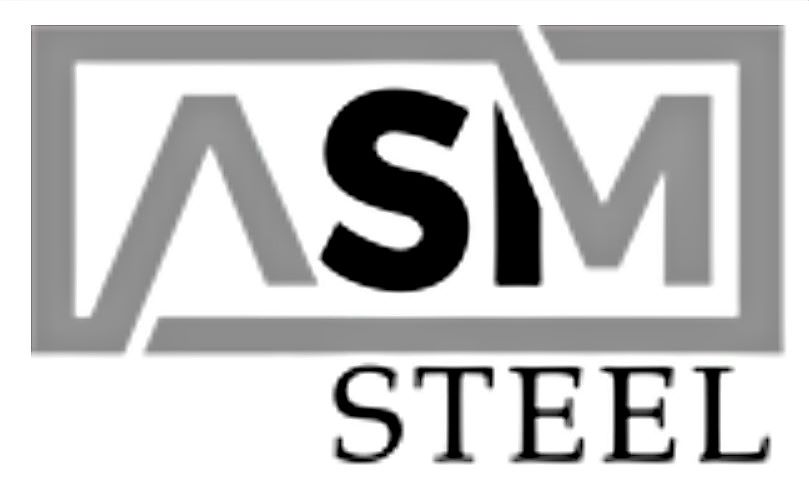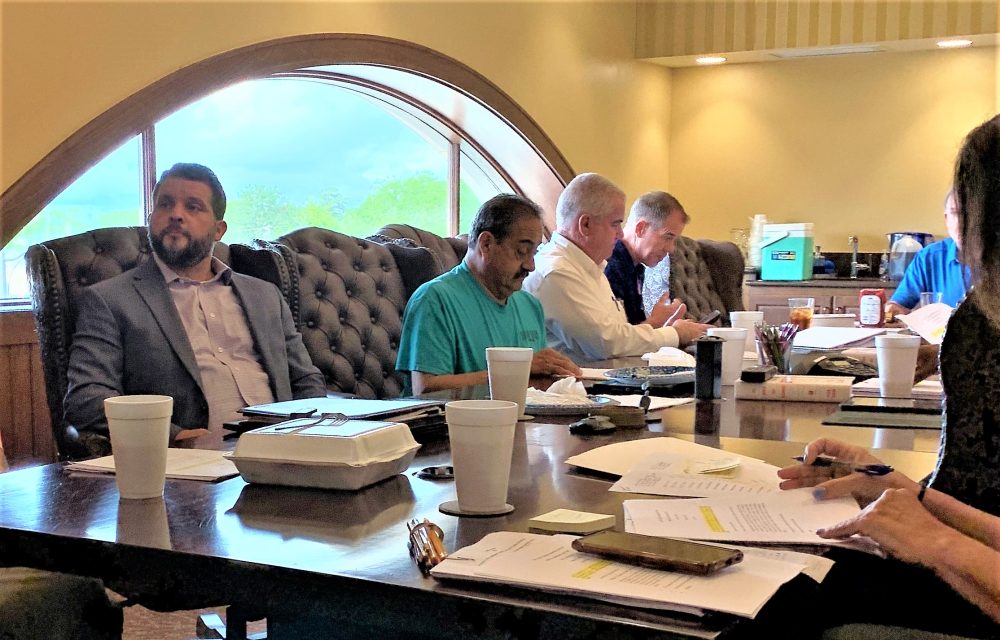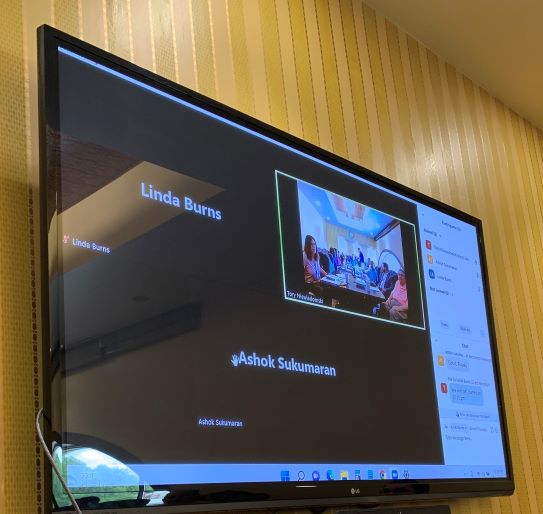August 23, 2022 – A land sale agreement was struck between the city and Ashoka Steel Mills LLC for development of 250-acres out of the total 4,857-acre former Thermo/Luminant mine property Tuesday. The deal marks commitment of Ashoka to invest a minimum of $300 million into business and creation of 315 additional jobs in Sulphur Springs.

According to Sulphur Springs-Hopkins County Economic Development Corporation Executive Director Roger Feagley, this is the same program utilized when Lowe’s opened in Sulphur Springs; it simply opens up additional incentives which may be offered to the nominated entity, in this case Ashoka Steel Mills.
The zone is the first of two legal steps needed for Ashoka Steel Mills LLC to build a facility in the old Thermo mine property. The second step is agreement to terms of a Chapter 312 agreement for a tax abatement on all or part of the property.
Sulphur Springs City Manager said Tuesday’s actions are notable for three reasons: this will be the largest single industry recruited to the community, it is the first development in the Thermo property and has the potential to attract other companies it serves to the area as well.
Ashoka Steel Mills LLC is being developed in collaboration with Melwa group and Ashoka Capital Group. Melwa, headquartered in Sri Lanka, is an international conglomerate that operates 3 steel mills in Asia and Africa. Ashoka Capital Group, which is headquartered in the United States, will be working with Melwa group to establish steel mills across the United States.

Sulphur Springs and Tulsa, Oklahoma were in competition to be among Ashoka’s first US plants. Sulphur Springs officials signed the deal Tuesday, with the agreement for the tax incentive pending. Three others are planned in the US, according to the EDC official.
Ashoka plans to to invest an initial $300 million into 250 acres on the old Thermo mine property, providing 315 jobs at an average salary of $75,000.
The proposed electric arc furnace steel mill would produce approximately 350,000 tons of rebar annually. The Ashoka Steel Mills, Inc., facility, according to documentation in a Chapter 313 application submitted in April 2022 to Sulphur Springs ISD, would use an electric arc to heat metals instead of a blast furnace. In That means no smoke stack emitting into the air. The mill estimates 402,500 tons of scrap metal from local areas would be used to produce the rebar; the steel recycling, according to the application, would reduce carbon emissions, further making it a clean green manufacturer. The scrap metal would be brought in mainly by rail, amounting to an estimated 8,000 railcars a year, and about 40 trucks.
A spur would be built off of the current shoreline rail that runs through the old Thermo mine property, now owned by the City of Sulphur Springs.
This is Phase 1 of the Ashoka Steel Mill LLC development. Business officials will have the option to expand an additional 150 acres if they so choose within 5 years of the agreement, which starts Aug. 23, 2022, which would be Phase 2 for Ashoka. The agreement stipulates that the business will get the 250 acres with strings: there will be a $6 million lien on the property until the plant is complete and productions begins. If that does not occur, the property would go back to the city.
The section of land in particular is on the main east haul road. Part of the terms of the agreement are for the city to build the road. The City of Sulphur Springs has applied for grant funding, which local officials anticipate they should be receiving notification regarding the status of that grant in the very near future. The City of Sulphur Springs will also have to replace a water line. There’s an 8-inch line to the site, but it needs help, possibly replacement with a larger line.
Feagley said the SS-HCEDC office has been working with Ashoka and the company consultant for more than a year. He described the company as the least polluting due tot he process that is used to heat and shape the metal rebar. The metal is heated with a gas and moved to a kiln to be shaped from liquid form. All the process in the units will be robotic, to reduce the potential hazard for workers, who will still oversee robotics and other operations. He said it’s anticipated 30-40 engineers would be needed, which Sulphur Springs and Hopkins County is not believed to be able to fully staff, requiring some engineers to move from other areas.

Ashoka Steel Mills LLC would establish headquarters or at least corporate facilities in Sulphur Springs with the facility, officials said.
Sulphur Springs ISD Board of Trustees in April did agree to review an application from Ashoka Steel Mills LLC for an appraised value limitation on qualified property for completion, then to send it to the state for review for Chapter 313 compliance, then, if approved, to consider the request from business considering establishing a Sulphur Springs facility.
According to the Comptroller’s website, Deputy Comptroller Lisa Craven composed in a certification packet a letter to SSISD Superintendent Michael Lamb on Aug. 5, notifying the school district that based on the office’s review of the application, assuming the accuracy and completeness of statements contained within it, the Comptroller was issuing a certificate for a certification for a limitation on appraised value . The certificate, whoever, is contingent on SSISD’s receipt and acceptance of TEA’s determination. If the Chapter 313 agreement is granted by SSISD by Dec. 31, 2022, Ashoka would be required to follow the Texas Economic Development Act Agreement provisions.
The Chapter 313 agreement submitted to the Comptroller shows Ashoka plans to request abatements from the county, city, school and hospital district from 2025-2034.
Sulphur Springs City Council during their June and July meetings agreed to establish a reinvestment zone for Ashoka Steel Mills. A reinvestment zone is required for a business to apply to certain taxing entities for tax incentives. For instance, Ashoka Steel Mills wouldn’t be able to apply for a tax abatement from the hospital district without a reinvestment zone being established. The business also indicated plans to ask for a tax incentive from Hopkins County as well, according to Feagley.






